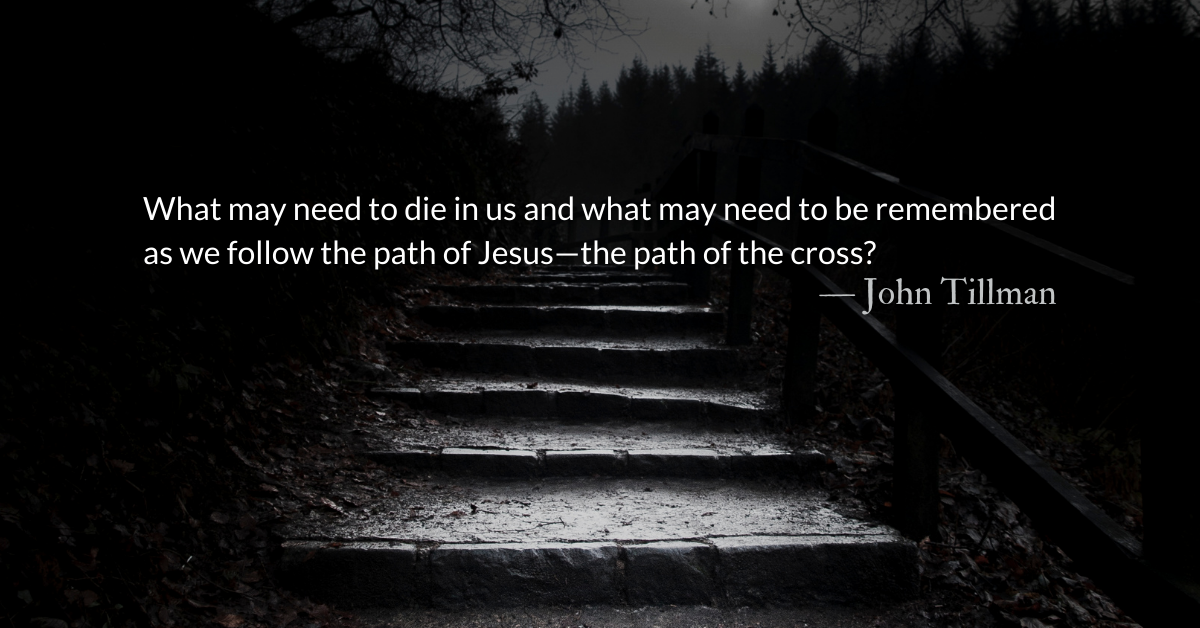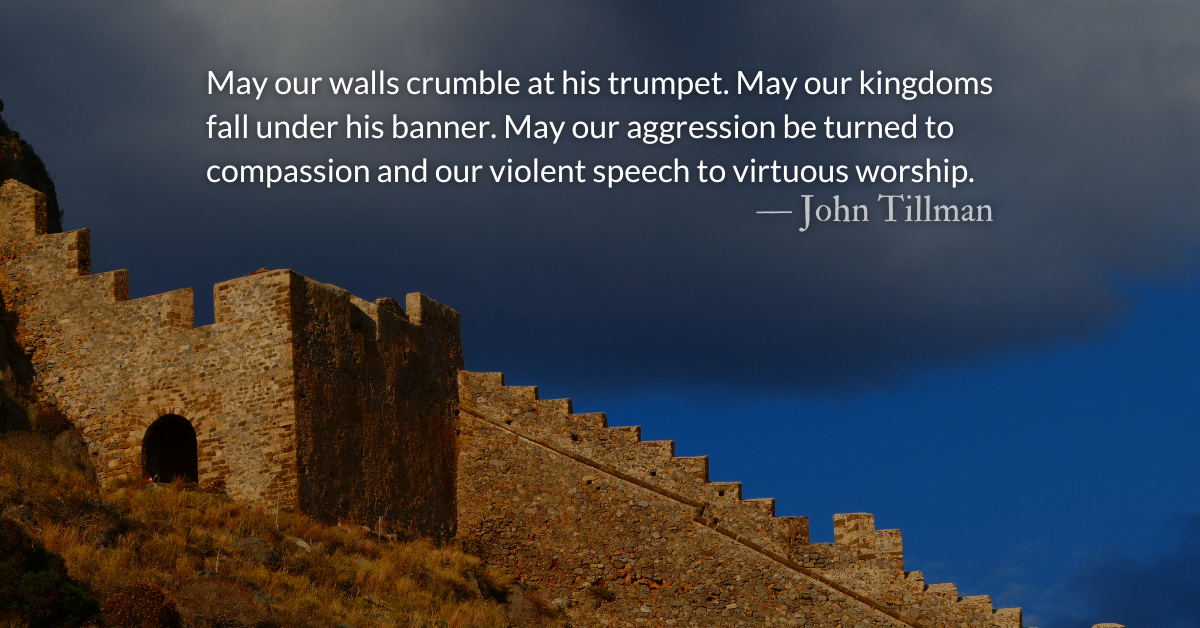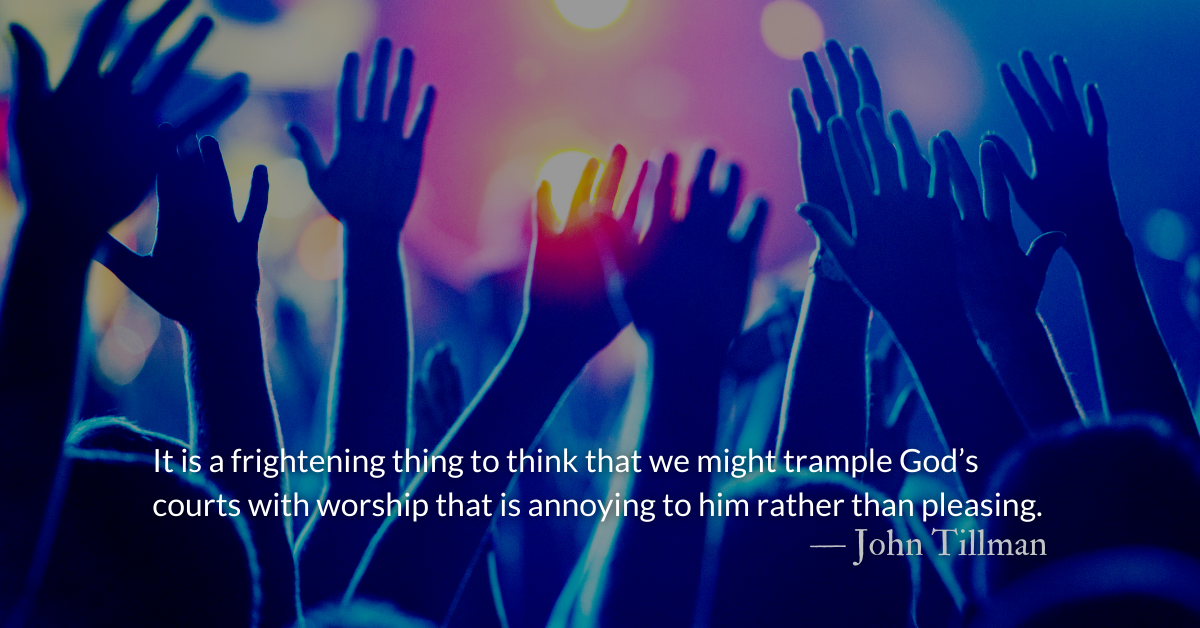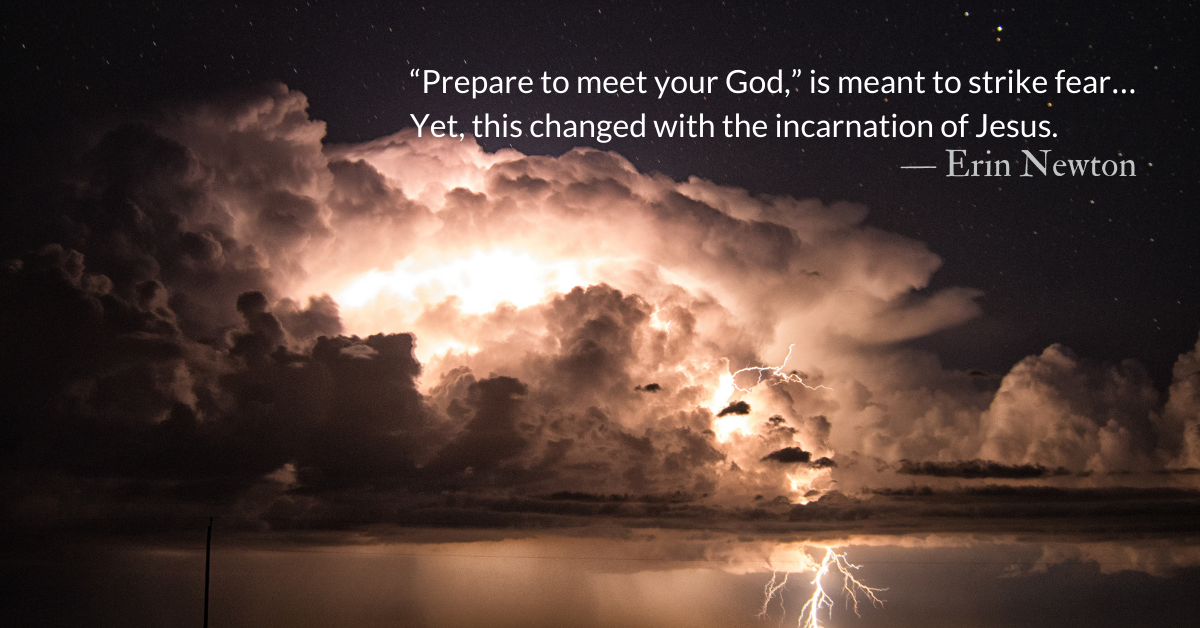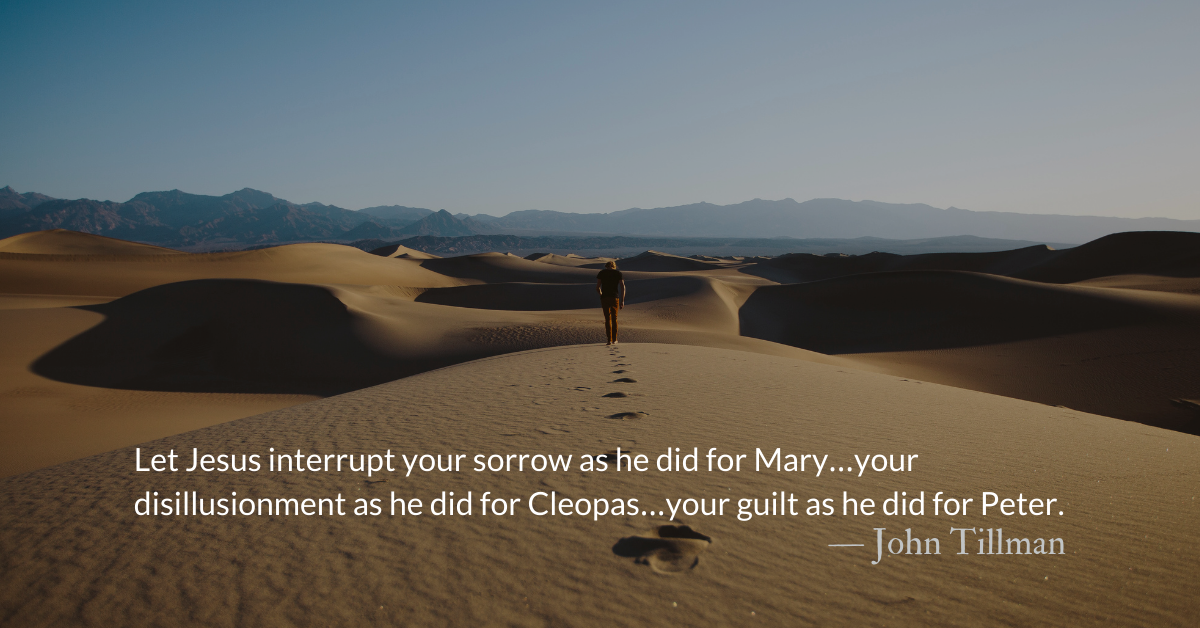Scripture Focus: Luke 22.14-6; 31-32; 61-62
14 When the hour came, Jesus and his apostles reclined at the table. 15 And he said to them, “I have eagerly desired to eat this Passover with you before I suffer. 16 For I tell you, I will not eat it again until it finds fulfillment in the kingdom of God.”
31 “Simon, Simon, Satan has asked to sift all of you as wheat. 32 But I have prayed for you, Simon, that your faith may not fail. And when you have turned back, strengthen your brothers.”
61 The Lord turned and looked straight at Peter. Then Peter remembered the word the Lord had spoken to him: “Before the rooster crows today, you will disown me three times.” 62 And he went outside and wept bitterly.
From John: As we prepare for Student Writers to take us through the book of Acts, we will look this week at the last three chapters of Luke’s gospel. Don’t forget that, beginning on July 15 and continuing through August 10th, approximately 90% of donations to The Park Forum will be directed to scholarships/stipends for these talented students. Give during this time to support our ministry and theirs.
Reflection: A Path Into Darkness
By John Tillman
Luke 22 is a turning point. The triumphal entry and Temple confrontations fade. A path into darkness and death begins. And not just the death of Jesus. Many of the disciples’ expectations and trusted truths would die.
At least three moments in this chapter depict something dying for the disciples, especially Peter.
“I have eagerly desired to eat this Passover with you…I will not eat it again…”
For the disciples, Passover was like Independence Day, Christmas, and Easter rolled into one. Political and spiritual freedom were tightly intertwined. They expect a victory speech, but Jesus speaks of his death. At Passover, the shadow of death was held at bay, but Jesus brings it into the room with him. Through this moment, Jesus begins to deconstruct their ideas about power, kingdoms, and deliverance.
“I have prayed for you…when you have turned back, strengthen your brothers.”
Simon was ever-so sure of himself. His courage, strength, righteous anger, and sword hand, would stand by Jesus to the end. Or so, he thought. Jesus rebukes him and prays that his faith won’t fail and that when he repents, his focus would be on strengthening others, not declaring his own strength.
“The Lord turned and looked straight at Peter. Then Peter remembered…”
Written like a screenplay, this detail in Luke is heartbreaking. Right when Peter does what he swore he wouldn’t, Jesus meets Peter’s gaze.
Perhaps Peter was planning something other than lurking. Perhaps he imagined rescue and escape, or making a great argument at the trial, winning over the crowd. But whatever it was…that plan died when he met Jesus’ eyes. Peter remembered.
What may need to die in us and what may need to be remembered as we follow the path of Jesus—the path of the cross?
Some suggestions to reflect on:
Victories won by worldly power and wealth are on the path of the betrayer, not the path of Christ.
Christ doesn’t need our strength. We need his.
Any plan we have that relies on our power to “help Jesus,” is a betrayal.
Every time we betray Jesus, we’ll find him meeting our gaze with love that is intended to turn our hearts back to him. Our failures, like Peter’s, are inevitable and predictable. Yet, Jesus eagerly desires to be with us. After weeping, repentance, and forgiveness, we can strengthen others with what we have learned.
Divine Hours Prayer: A Reading
Jesus taught us, saying: “…If your brother does something wrong, rebuke him and, if he is sorry, forgive him. And if he wrongs you seven times a day and seven times comes back to you and says, ‘I am sorry,’ you must forgive him.” — Luke 17.3-4
Today’s Readings
Isaiah 40 (Listen -5:09)
Luke 22 (Listen -7:58)
Read more about In the Face of Betrayal
Imagine Christ’s face looking at Peter…The look you imagine on Christ’s face says a lot about what you believe about Jesus.
Read more about The Flavors of Betrayal
Where do we find ourselves in the garden? What form does our betrayal and abandonment of Jesus take?

